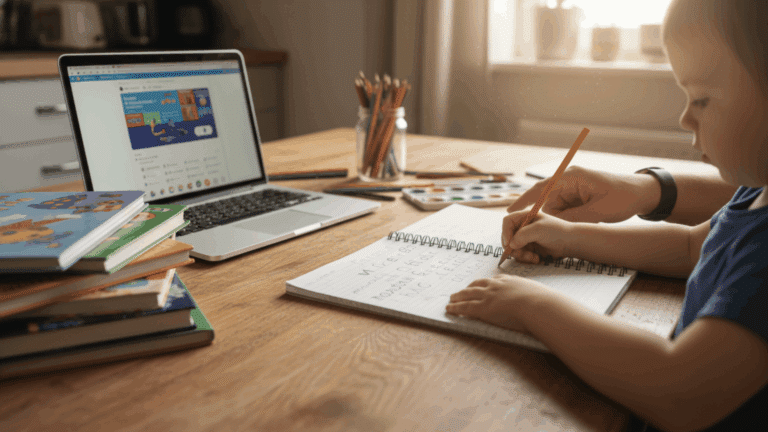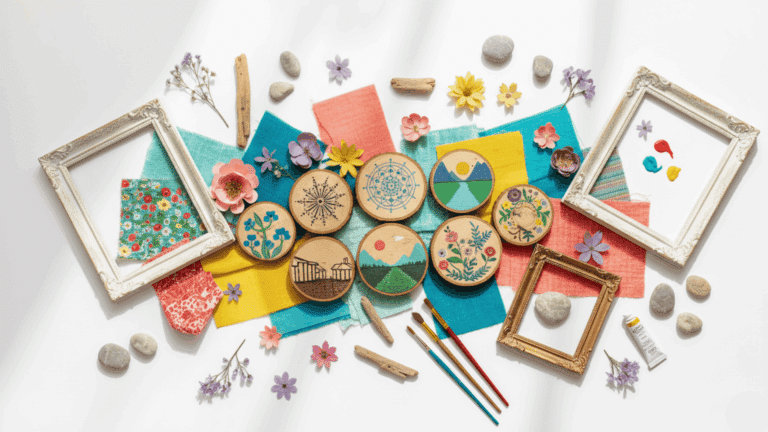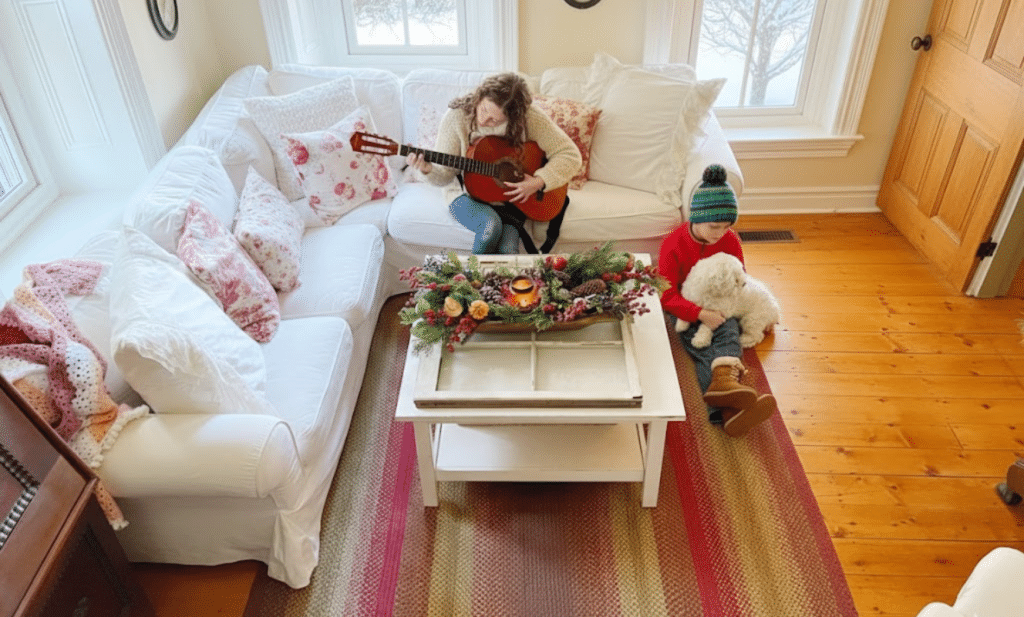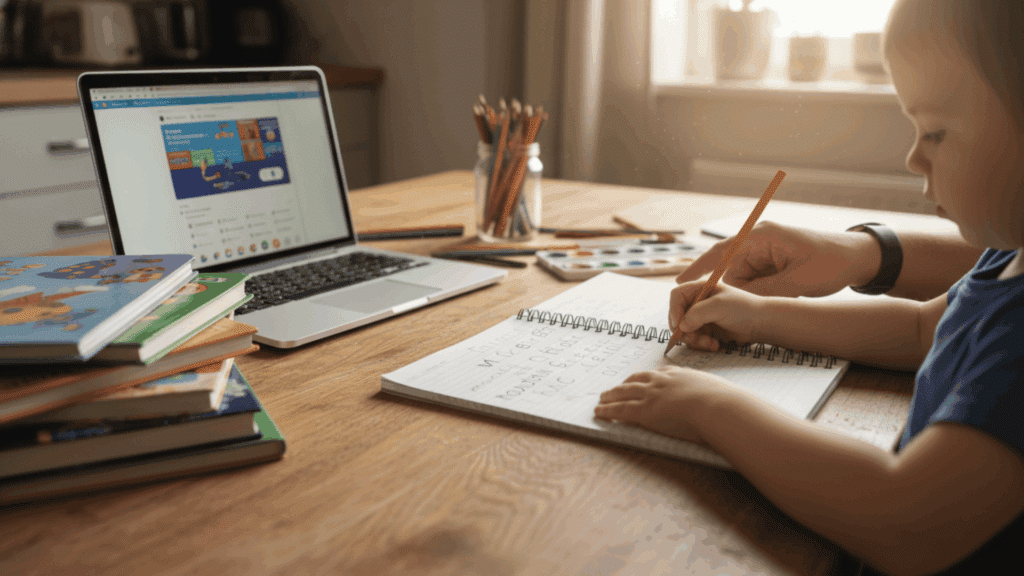Unfortunately, rates of anxiety are at an all-time high. An estimated 4% of the population currently deals with a diagnosable anxiety condition, with far more suffering at a dysfunctional level but without a formal diagnosis.
The cause comes from a myriad of different factors, be they diet, lack of exercise, reduced socializing since the pandemic, and the increasing usage of social media, and what causes your anxiety may come from a mixture of all of these things, as well as others.
The question is what to do about it, and thankfully, there are many proven interventions that have a great record of success. Here are 10 practices for a calmer life.
1. Keep Your Body Moving
We all know exercise is important for maintaining physical health, but the benefits for mental health are also far-reaching.
Physical activity releases endorphins, which make you feel good, and also lowers cortisol (the stress hormone) and oxidative stress. If you can, you should exercise in nature: simply being outdoors has been shown to significantly reduce stress and anxiety and make for a generally happier state of being.
You don’t have to start with something intense like running – walking is fantastic, and still promotes the benefits detailed above.
2. Prioritize Your Sleep
Humans are creatures that thrive off a good routine, and having a bad one is enough to throw everything off balance, including your mental health. One of the biggest factors is sleep. Poor sleep on a consistent basis makes everyone feel groggy, and eventually, it can lead to physical health problems.
Set yourself a reasonable bedtime and stick to it, and make sure you get 10-20 minutes of sunlight in the morning and avoid too much screen time within a couple of hours before bed. This will help establish a healthy circadian rhythm that promotes restful sleep, and you’d be surprised at how much this contributes to a clearer mental state throughout the day.
3. Consider Online Therapy
Therapy can be a huge aid when it comes to learning to cope with anxiety. A licensed therapist will teach you the tools you need to manage stressful events in your life with calm and clarity, to the extent that things that would have majorly triggered you in the past no longer do.
There are multiple different types of therapy available, from CBT (Cognitive Behavioral Therapy) to ACT (Acceptance and Commitment Therapy), each of which can be tailored to your specific concerns.
The beauty of engaging with therapy online is that you can attend from the comfort of your own home and don’t have to enter a physical setting, which might be too much for you to handle right now. Many Online therapy providers that accept insurance, too, so if you’re struggling financially, there are options.
4. Maintain Strong Social Connections
Humans are social animals, and even if you think you’re someone who thrives on their own, everyone needs to socialize for their mental well-being. Loneliness is a major problem in the modern world, especially following the pandemic, so it’s key to work at maintaining friendships and making the effort, even when you don’t feel like it.
Your friends and family are there to build you up when you’re feeling low, as you would do for them, so despite your anxiety telling you not to, go to that party or event – you’re almost guaranteed to be glad you did.
5. Start a Journal
Sometimes, anxiety is simply the product of being trapped in your own head; the thoughts go round and round to the extent that you feel like pulling your own hair out, and there doesn’t seem like there’s any form of release from it.
Journaling can help here. The act of getting those thoughts out of your head and onto a page can be a highly therapeutic process. There are many ways to start journaling for anxiety, but the important thing is that you just start somewhere. It doesn’t have to read like some perfect narrative – just get your thoughts down.
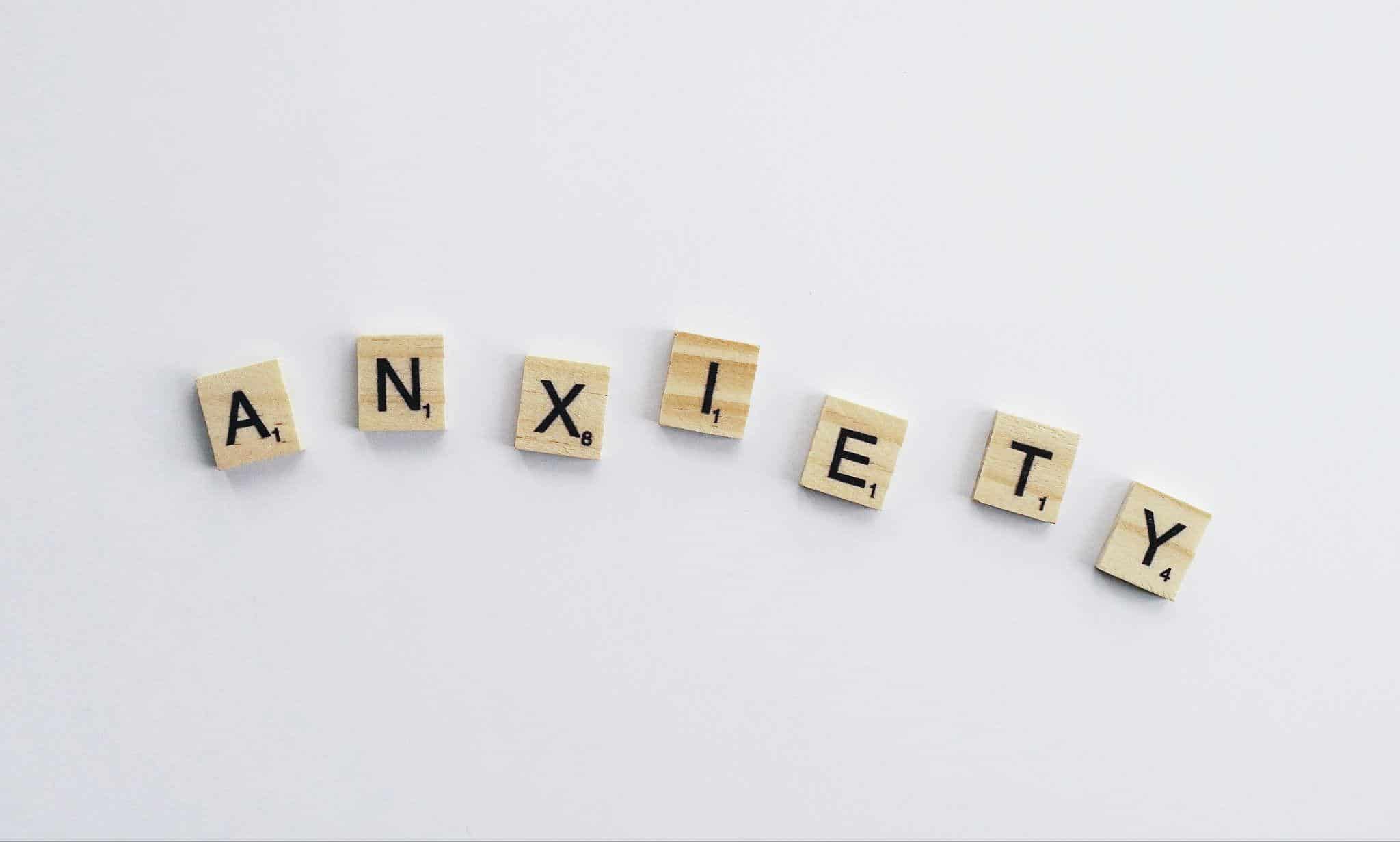
6. Put a Cap on Your Social Media Consumption
Social media is great for several reasons and has truly revolutionized the way we communicate with one another, but that doesn’t mean it isn’t without its problems.
It’s very easy to get sucked into mindlessly scrolling for hours, which becomes something of a self-fulfilling prophesy; you don’t feel you have enough energy to do anything other than scroll because of your anxiety, but the scrolling and consuming content that often lowers your self esteem just makes the whole thing worse.
If this seems like you, see if you can cut your consumption back a little bit each day (say, by 10 minutes every day for a week). The extra bonus is that you’ll have more time to do the things you really value, which leads nicely onto the next point.
7. Develop Your Hobbies and Interests
Many people don’t prioritize their hobbies and interests anywhere near as much as they should, and this could be for many reasons, from depressive symptoms to simply having too much of a full schedule.
Things that bring you joy then fall by the wayside, and when you’re doing less and less of what you love, it’s natural for that to manifest in a low mood, which can then become a trigger for anxiety. Analyse your current schedule and routine and see if you can make more time: it may require some considerable restructuring, but you’re sure to feel much better for it.
8. Change Your Diet
Like exercise or lack thereof, diet can have a profound impact on someone’s mental health. Whether it be due to vitamin and mineral deficiencies, eating too much processed food, or simply eating too few or too many total calories each day, there are many ways your nutrition plays a role.
Restructuring a diet can be challenging, but there are a few things to bear in mind as you endevour to do so.
Firstly, make sure you’re eating enough fruits and vegetables to prevent micronutrient deficiencies (it’s advisable to go to the doctor for a blood test first to see if you have any active ones). Then, it comes down to structuring your macronutrient ratios (fats, carbs, and protein) with mostly whole food sources and minimal junk food (a dietitian can help you here).
9. Practice Meditation
Meditation has been practiced for centuries as a way to relieve stress, anxiety, and promote an overall sense of calm. It takes a lot of practice and will likely feel very challenging at first, so start with some simple guided ones on YouTube of about 10 minutes long, and work your way up to more difficult ones.
Meditation really works, so don’t write it off as a gimmick – it’ll just take time to get to a place where you feel it’s helping you.
10. Give Yourself a Break
And finally, remember to give yourself a break. Oftentimes, anxiety is the result of a life running at too fast a pace. There’s only so much you can take, and even if your body is still trudging along through intense periods at work, family life commitments, and other stressors, your mind will eventually snap.
It’s ok to take time away to recuperate – this is something everyone needs at some point in their lives. Take a holiday, even just for a couple of days, preferably somewhere in nature, to fully reset. It doesn’t have to be expensive, and it doesn’t have to be for a long time.
Wrapping Up
Hopefully, reading about the above practices has inspired you and provided the impetus you need to tackle your anxiety head-on. It’ll take time, and you’ll likely fall off the wagon a few times, but persevere, and you’ll get there. Good luck!





